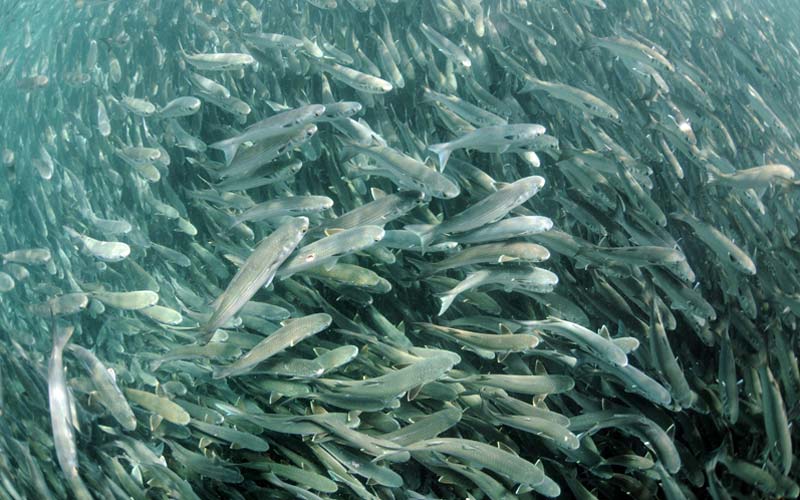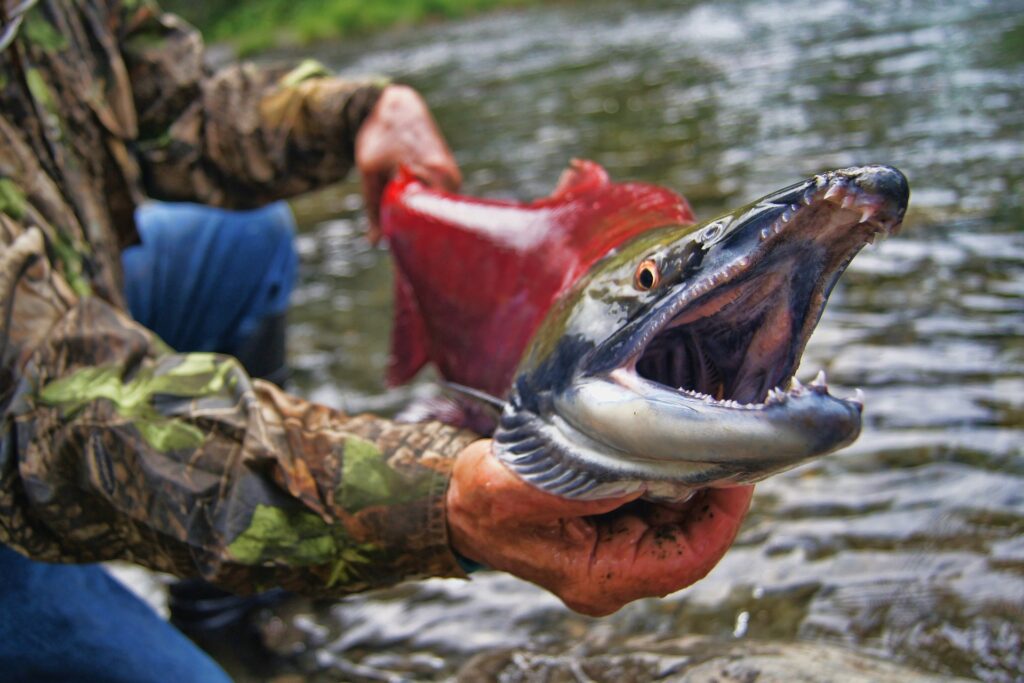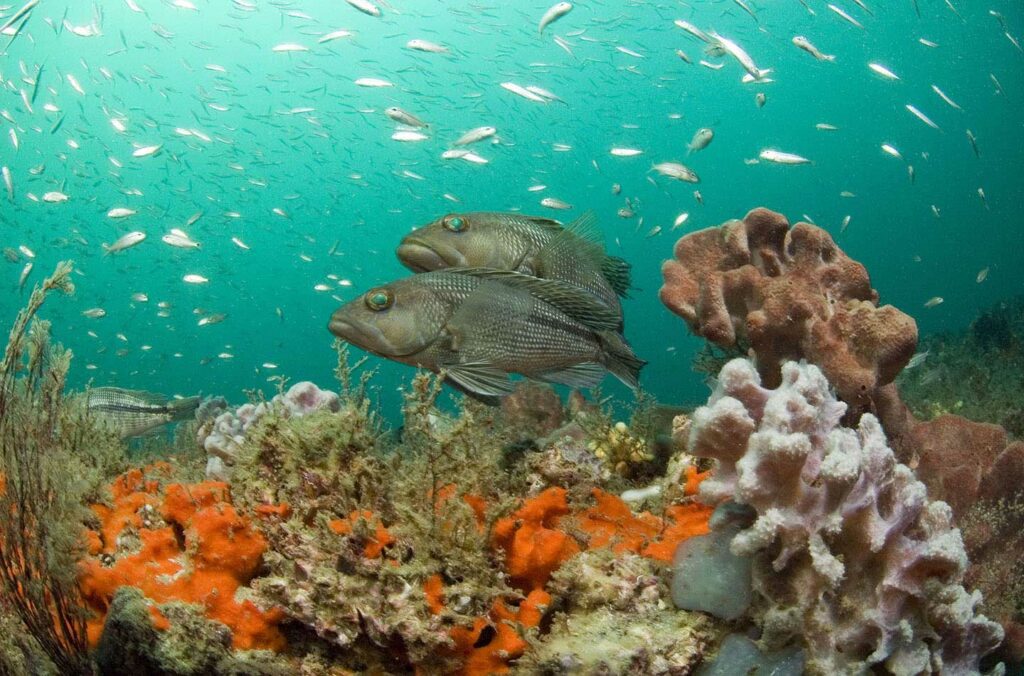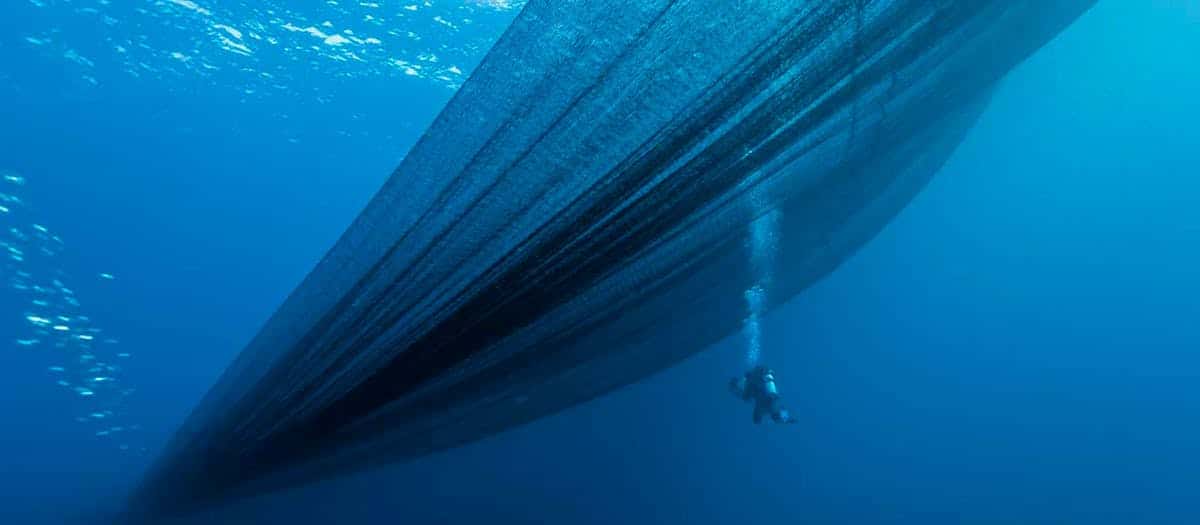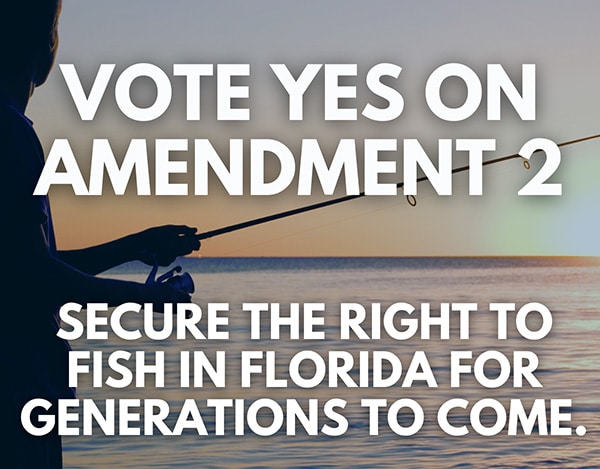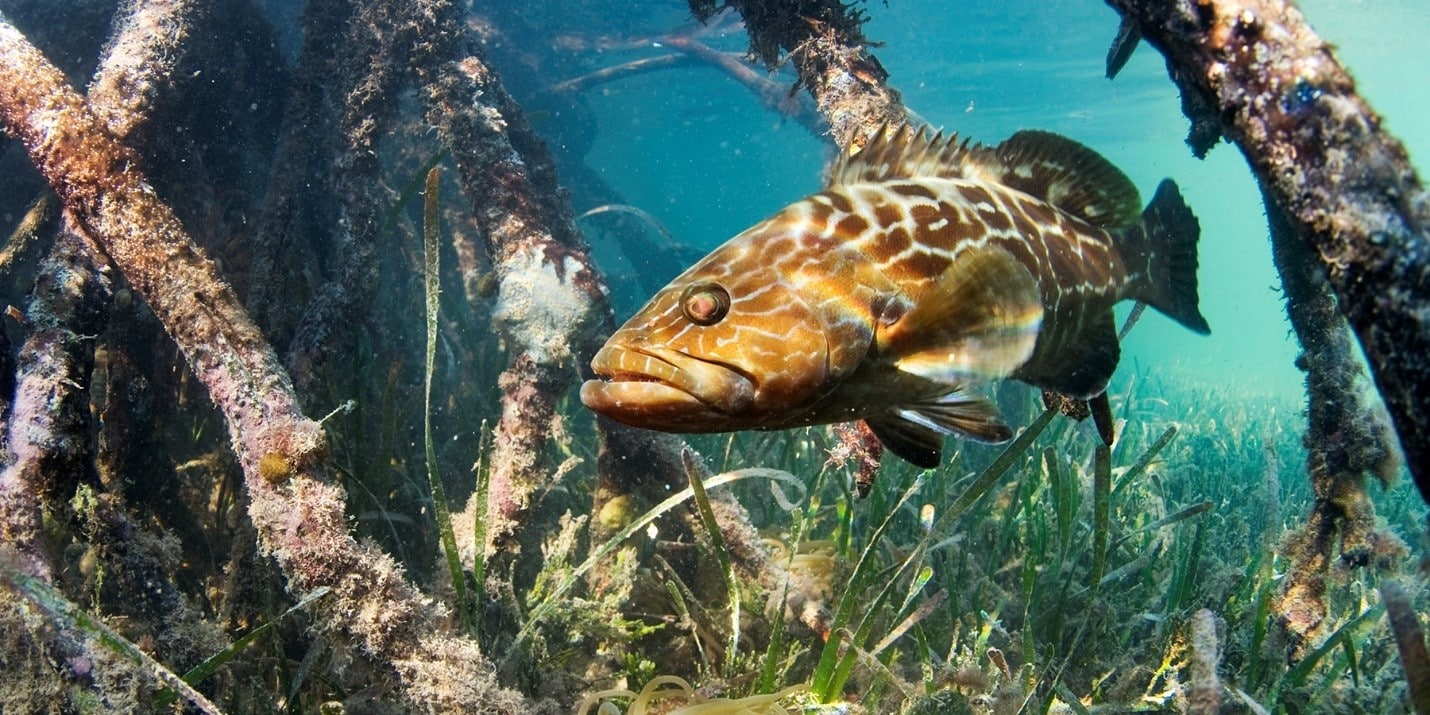Overview of the Issue
To have healthy sportfish populations, there first must be a healthy food base. Simply put, big fish need plenty of little fish to eat.
The smaller fish in the ocean, known as forage fish, provide food for nearly all recreationally important fish species, as well as seabirds and other marine life. Demand for these nutrient-rich species — which are used to make fertilizer, feed for livestock and farmed fish, and products such as cosmetics — continues to skyrocket worldwide.
On October 28, 2021, the recreational fishing and boating community applauded the introduction of the Forage Fish Conservation Act by Congresswoman Debbie Dingell (D-Mich.) and Congressman Brian Mast (R-Fla.). The legislation and its Senate companion bill would require federal fisheries managers to account for the role forage fish play in the marine ecosystem when catch limits are set on these small but important fish.
What ASA is Doing
The Forage Fish Conservation Act would require that the critical role species like herring, sardines, shad and anchovies play in the marine ecosystem be accounted for when federal fisheries managers set catch limits on them.
Through Keep America Fishing (KAF), ASA launched a nationwide call to action urging sportfishing industry members and recreational anglers to contact their Senator and ask them to support the Forage Fish Conservation Act.
Following the 2021 House introduction, ASA issued a press release and sent a new call to action to KAF supporters asking them to contact their Members of Congress.
With the 117th Congress over, ASA will continue to advocate for the passage of this legislation in the 118th Congress.


